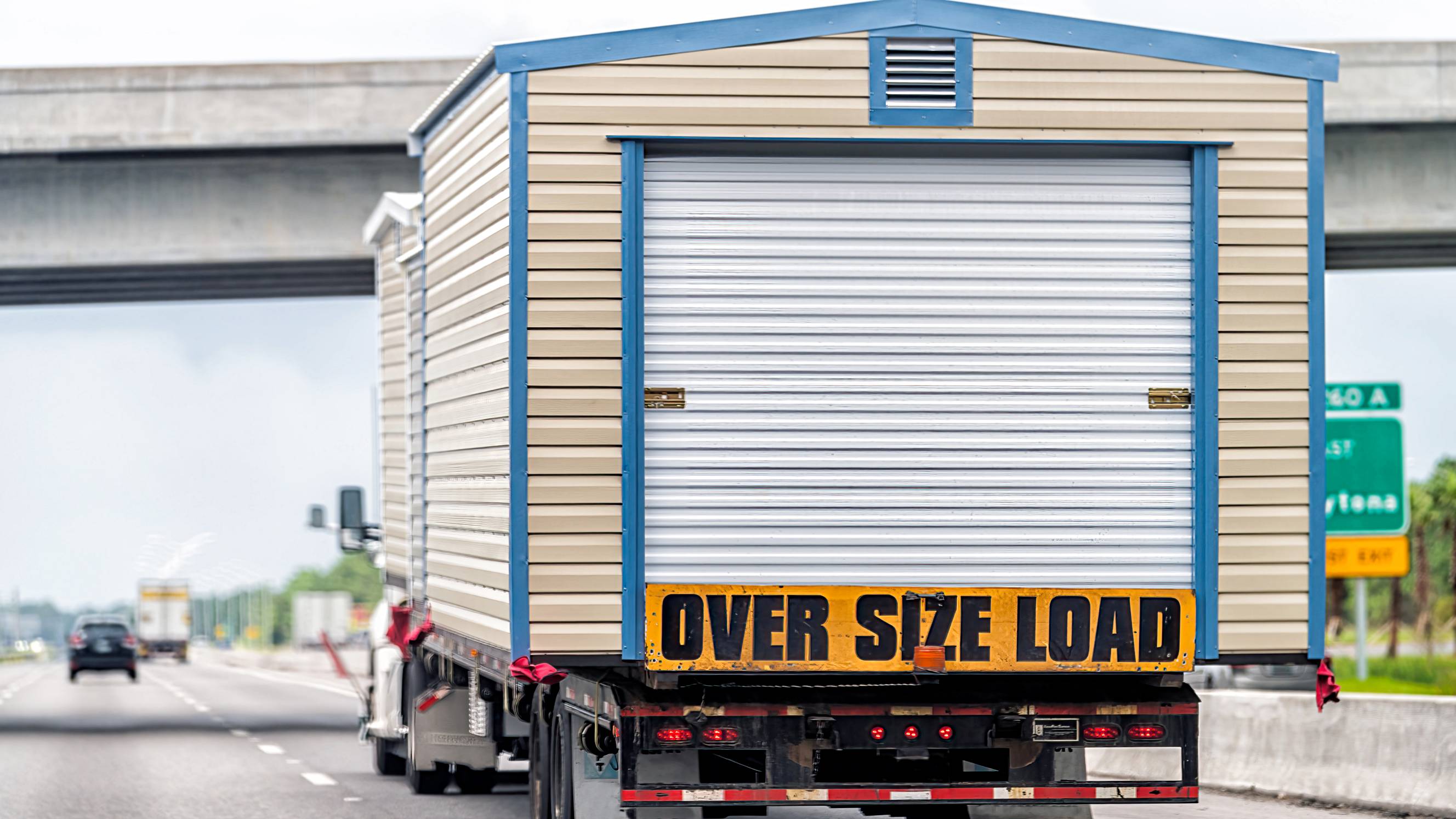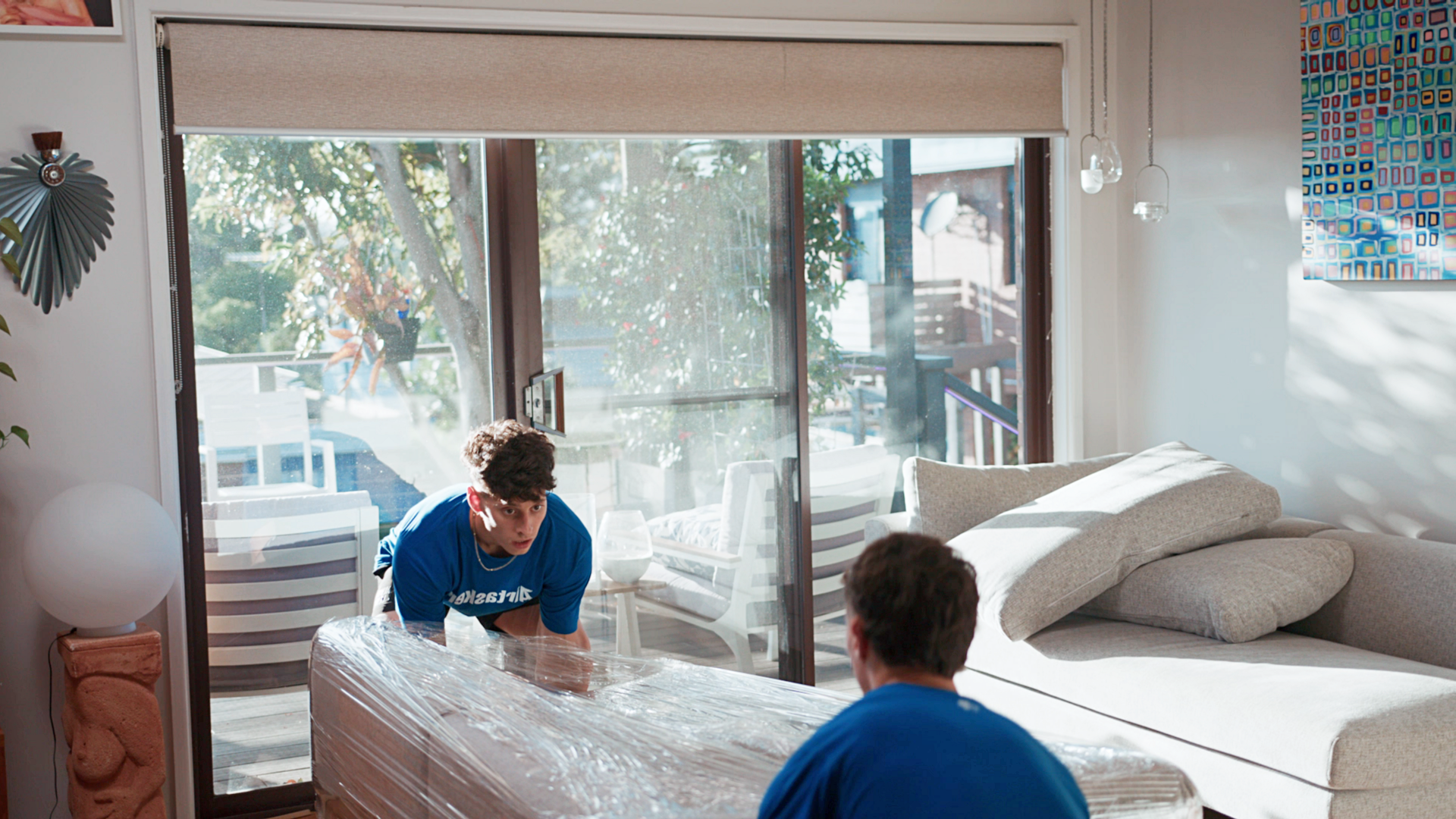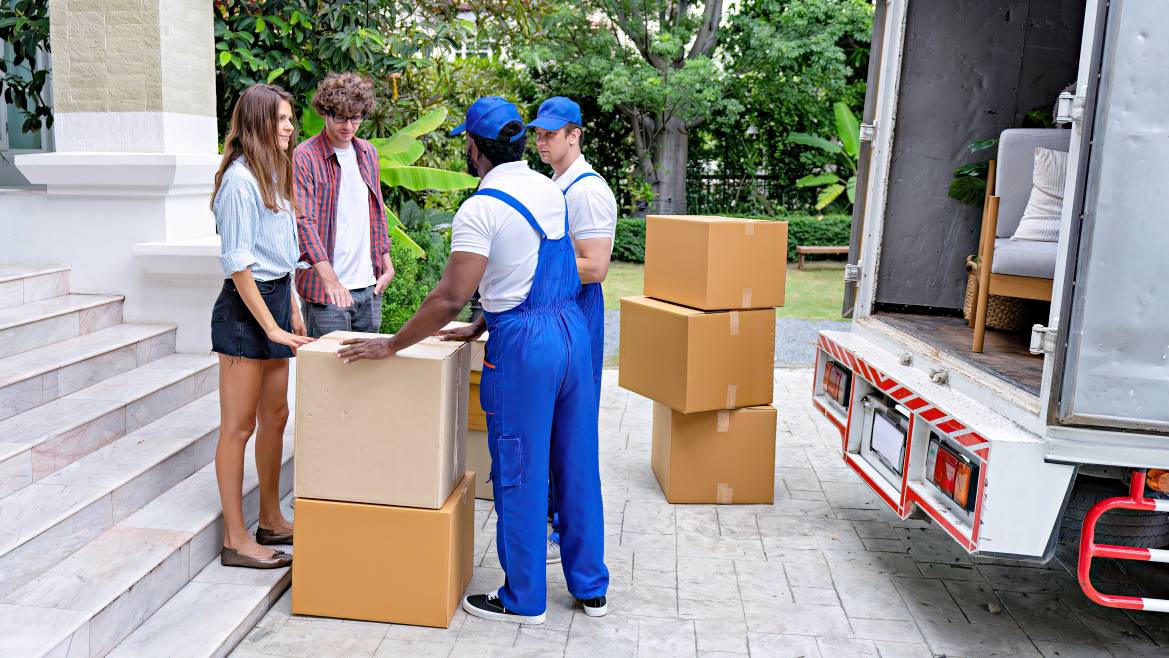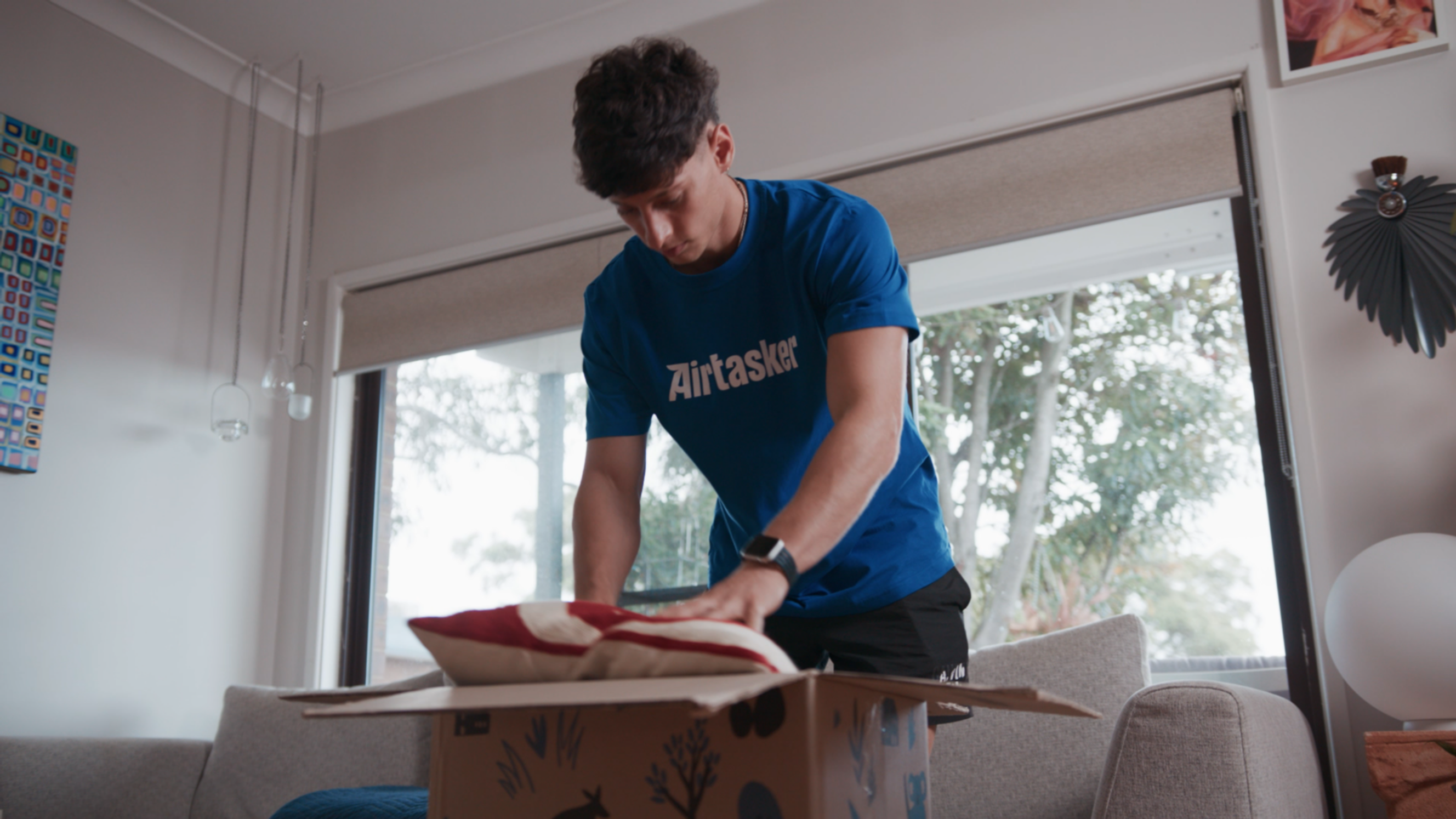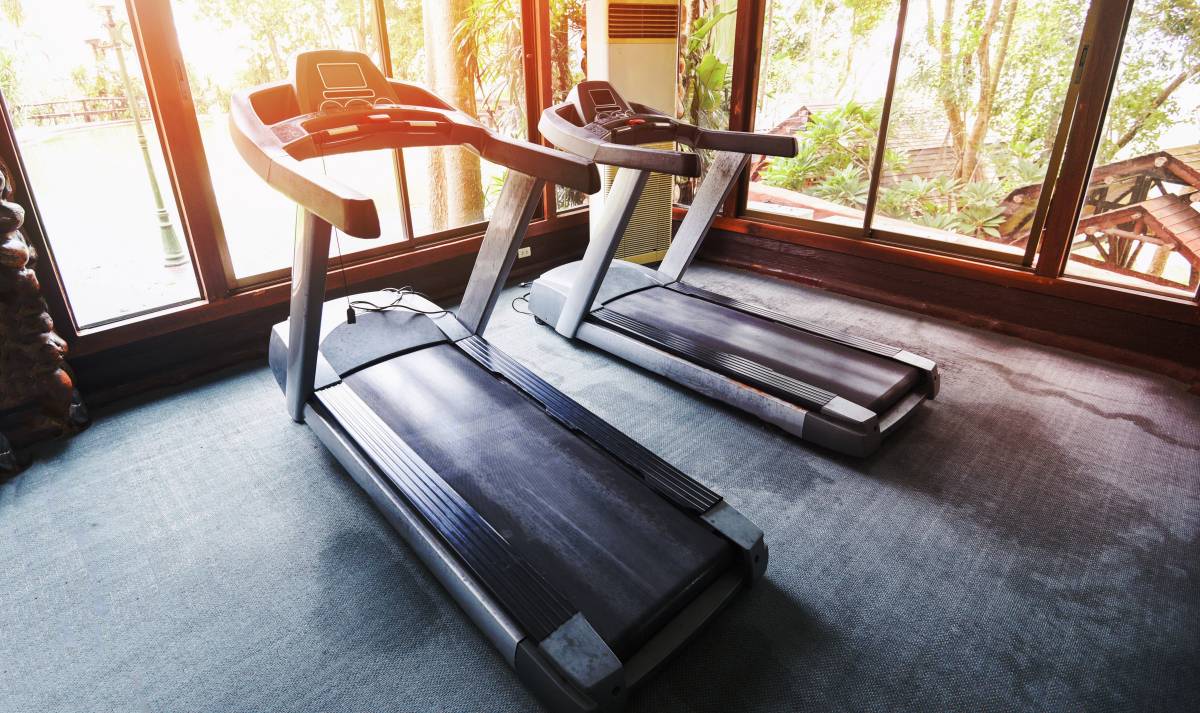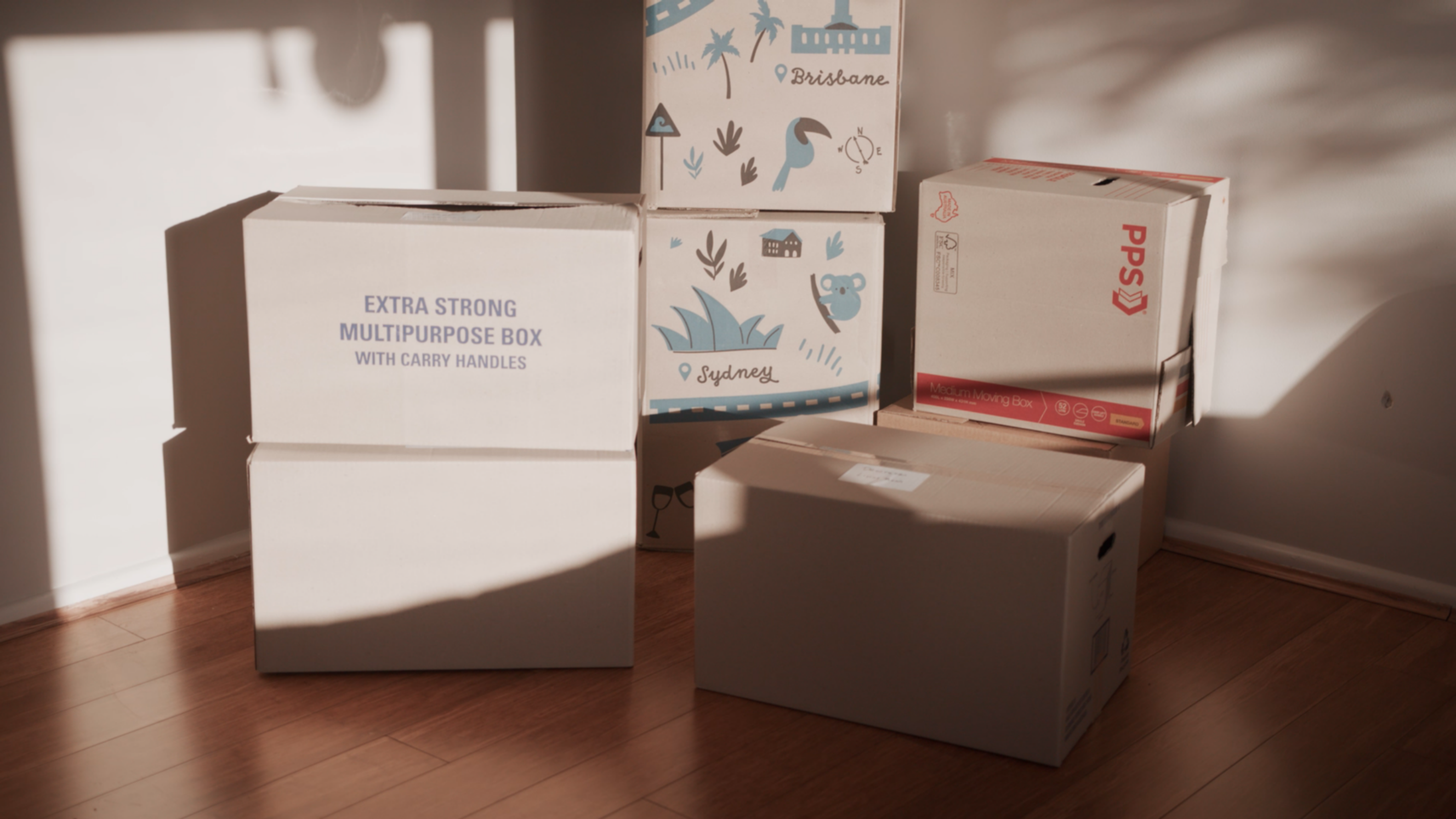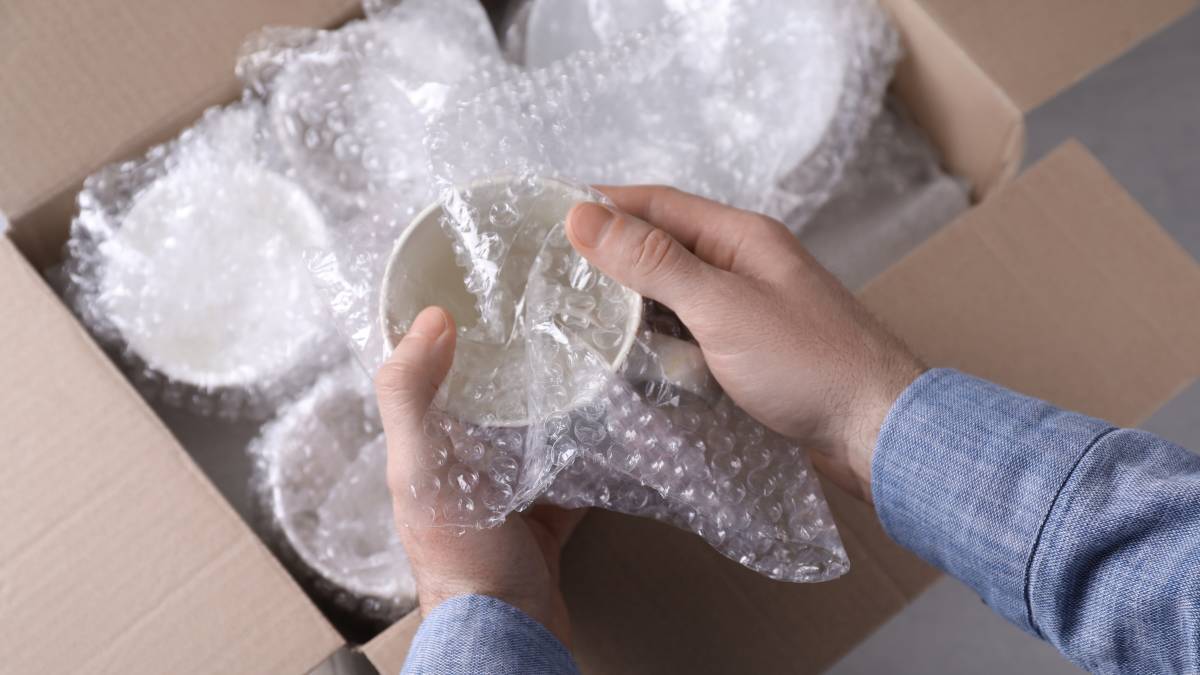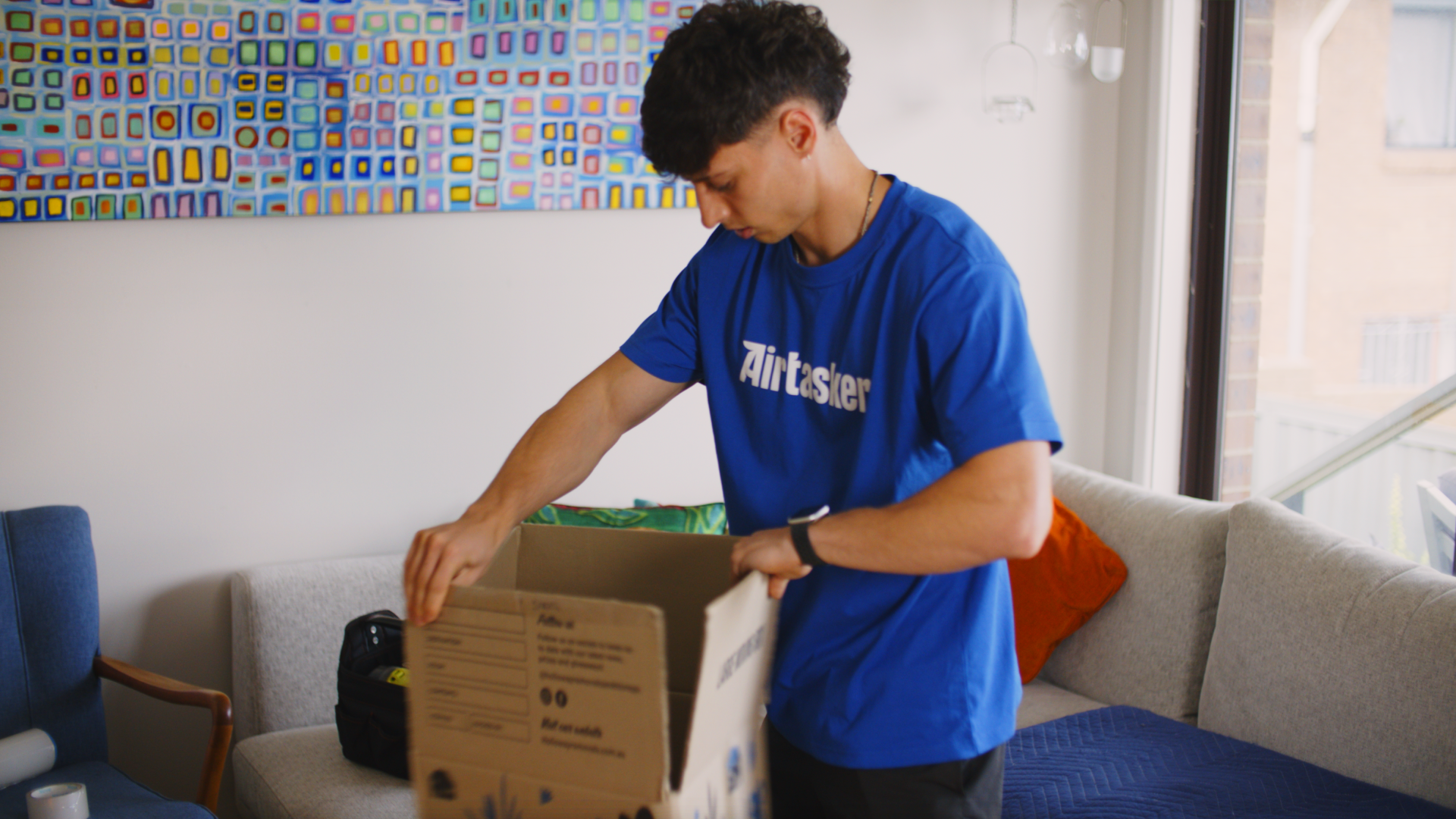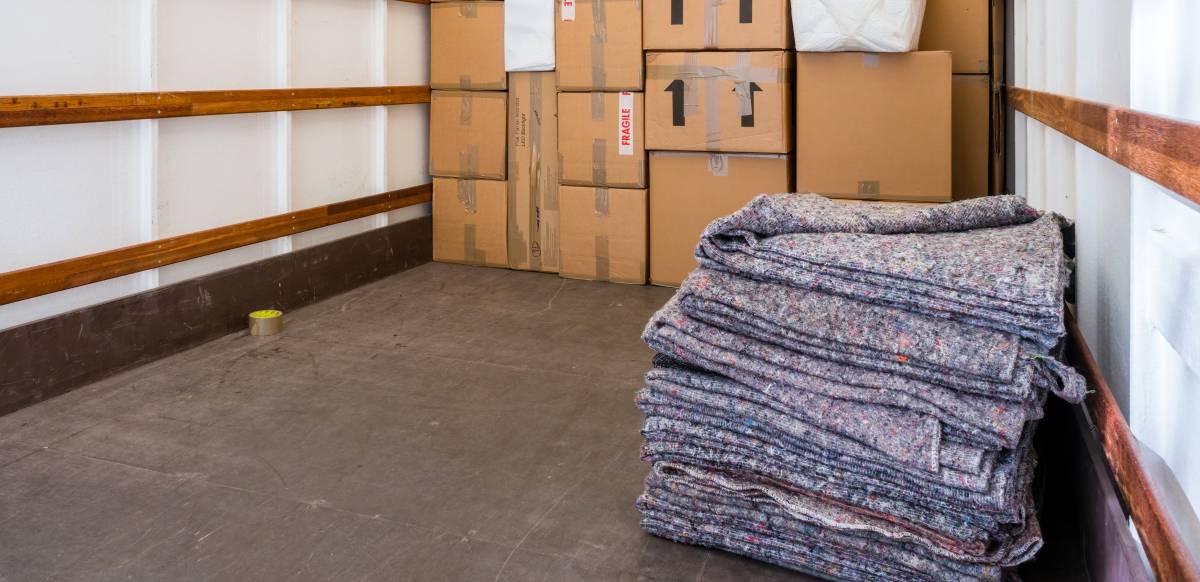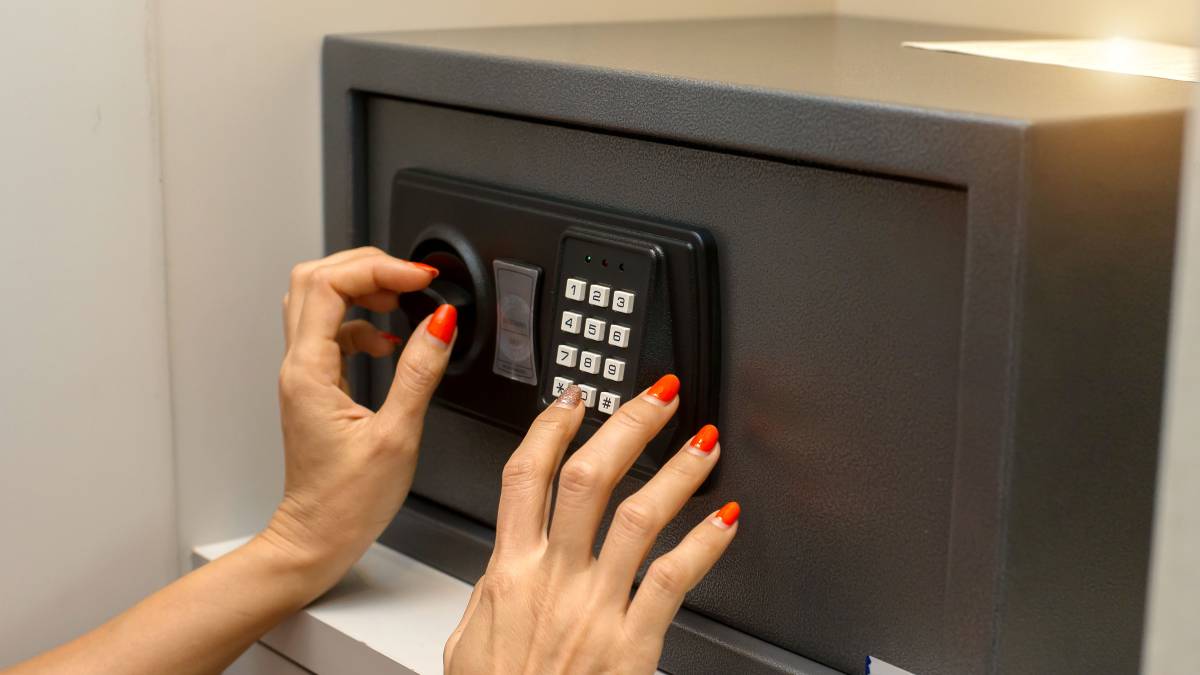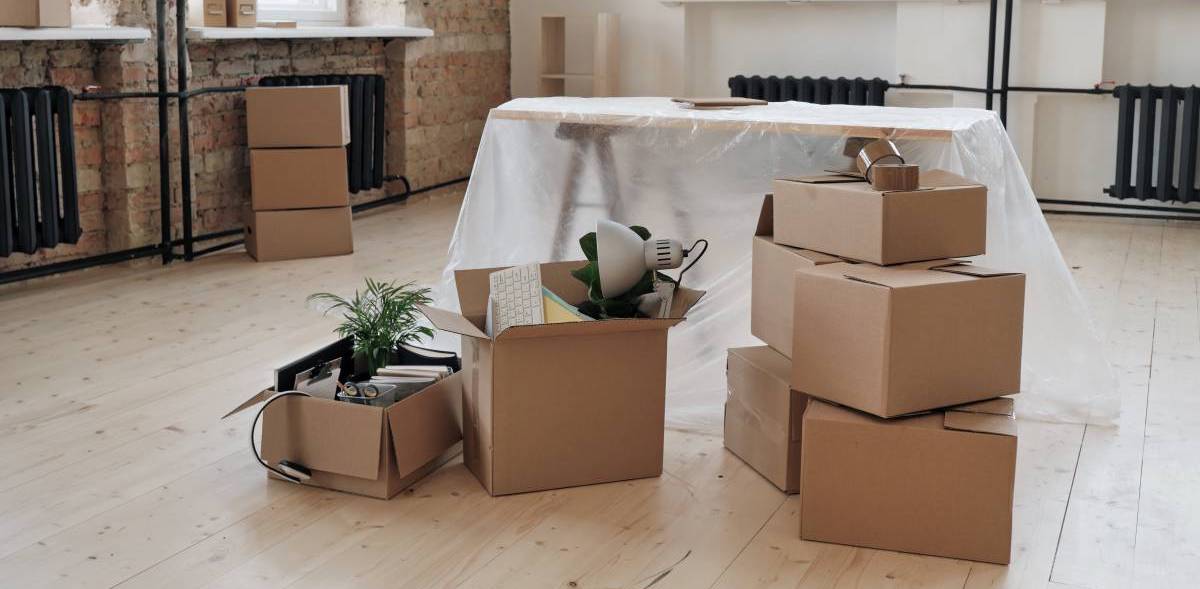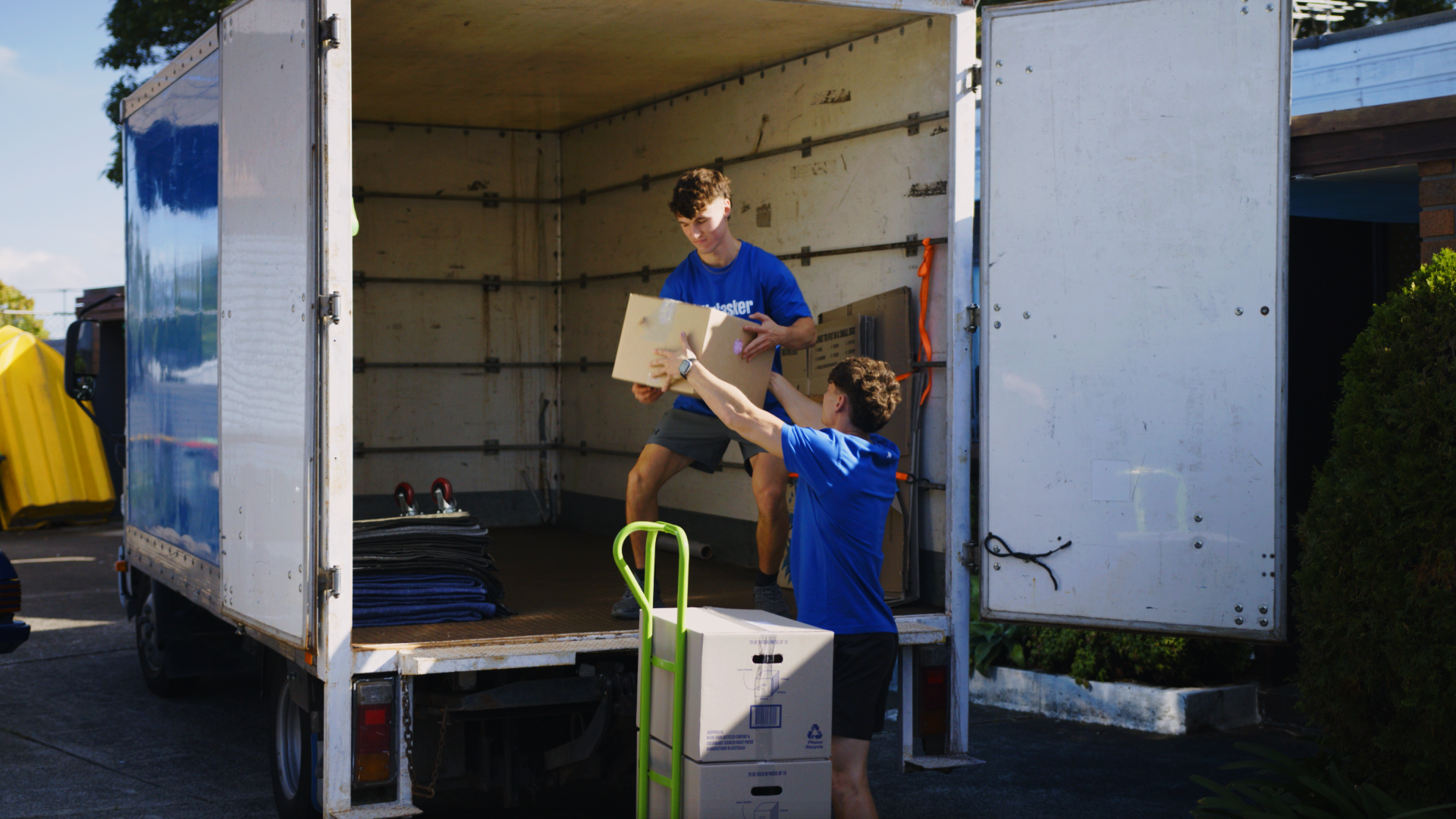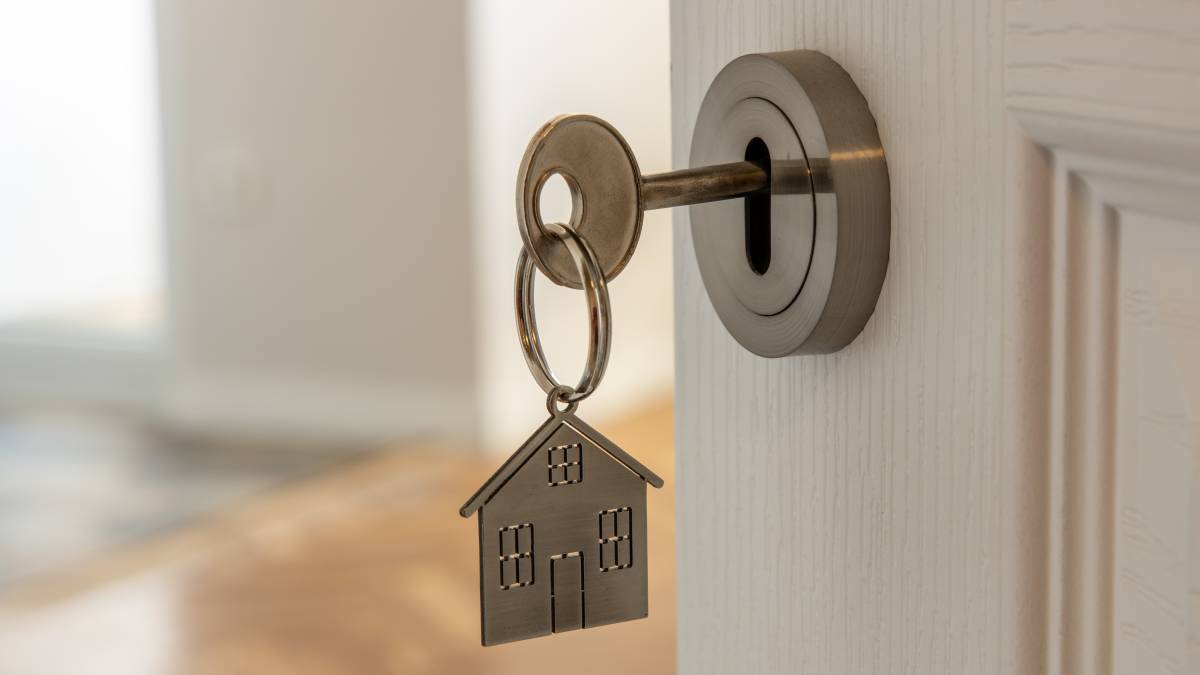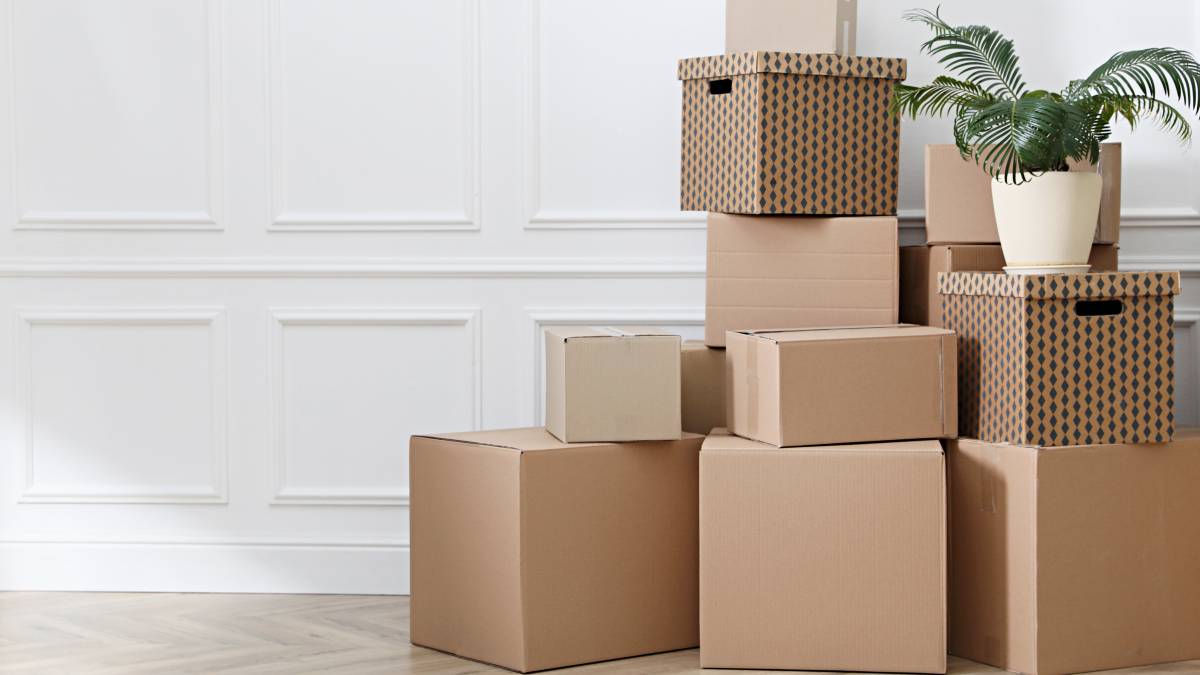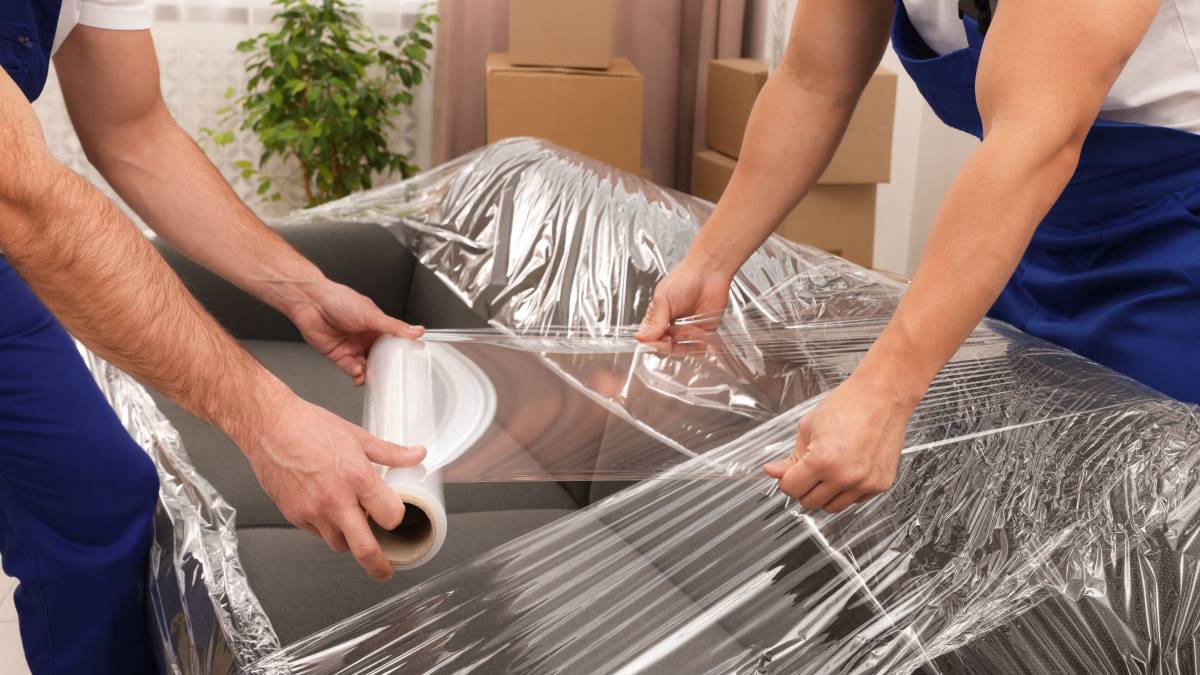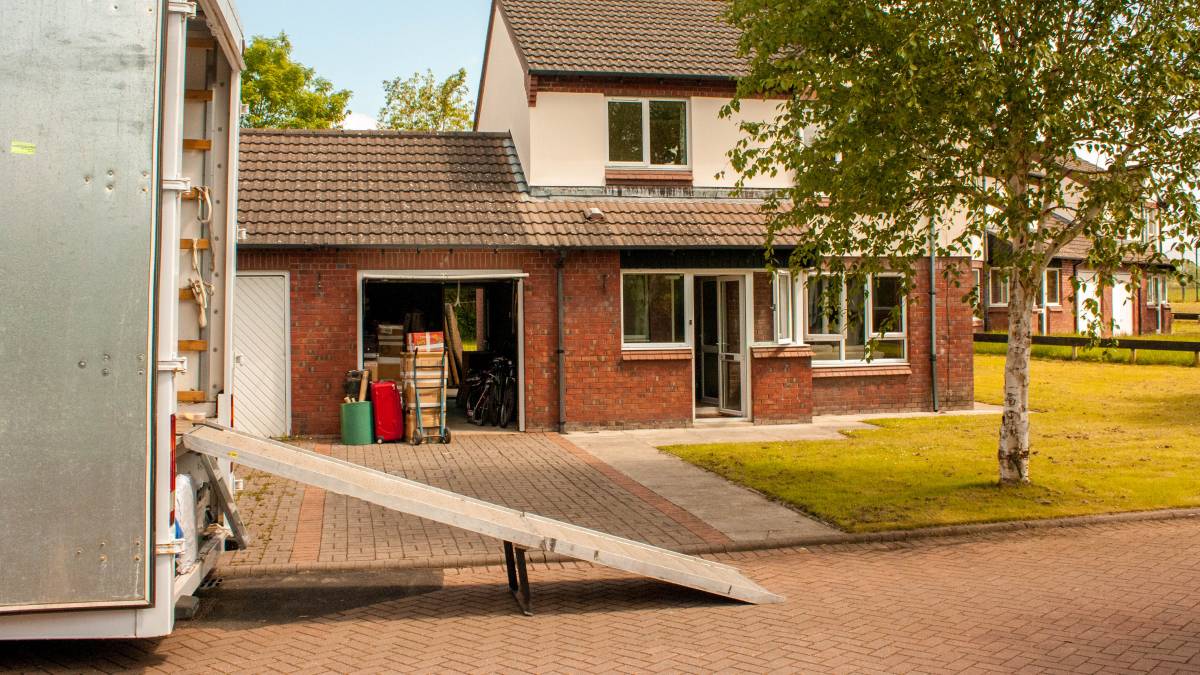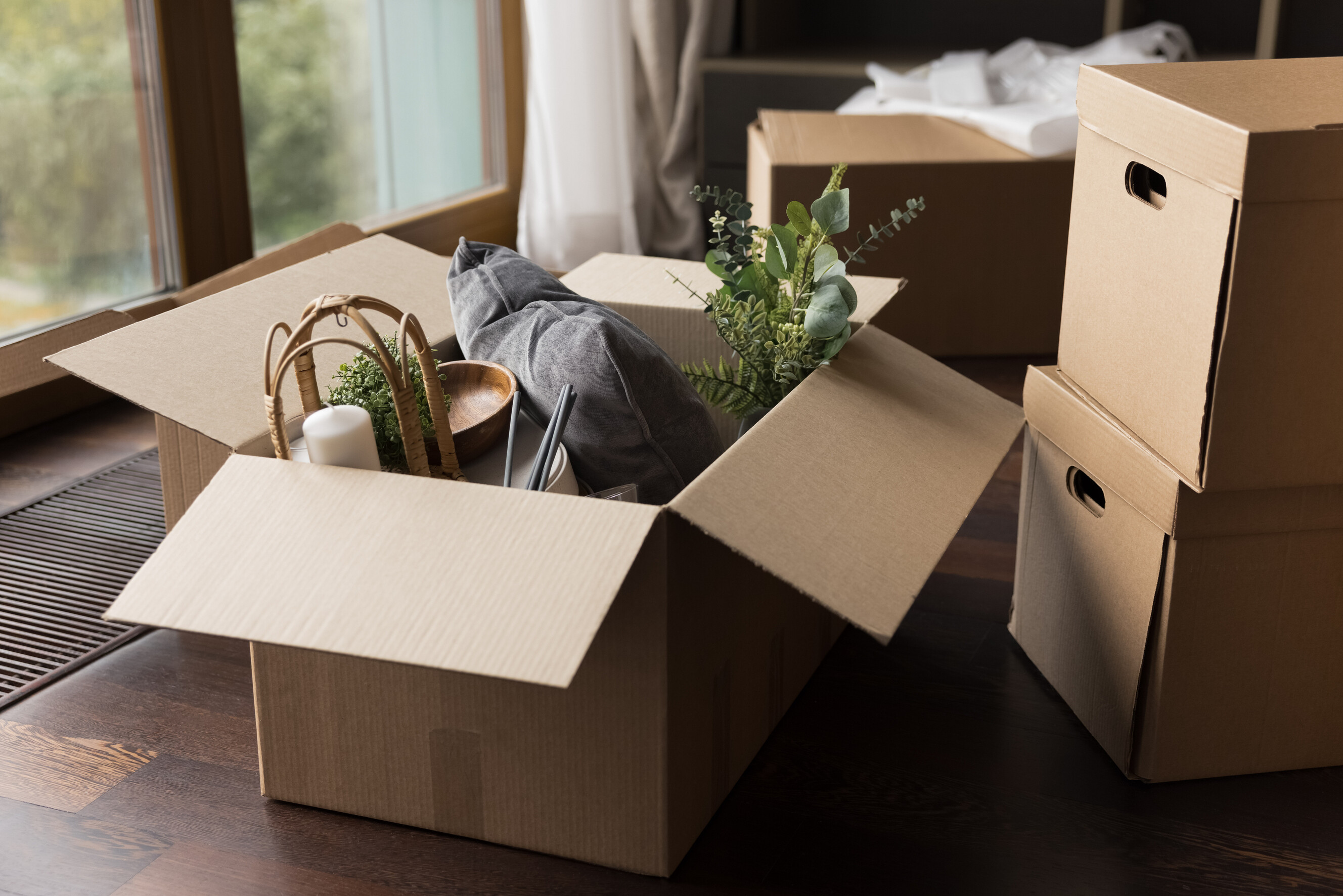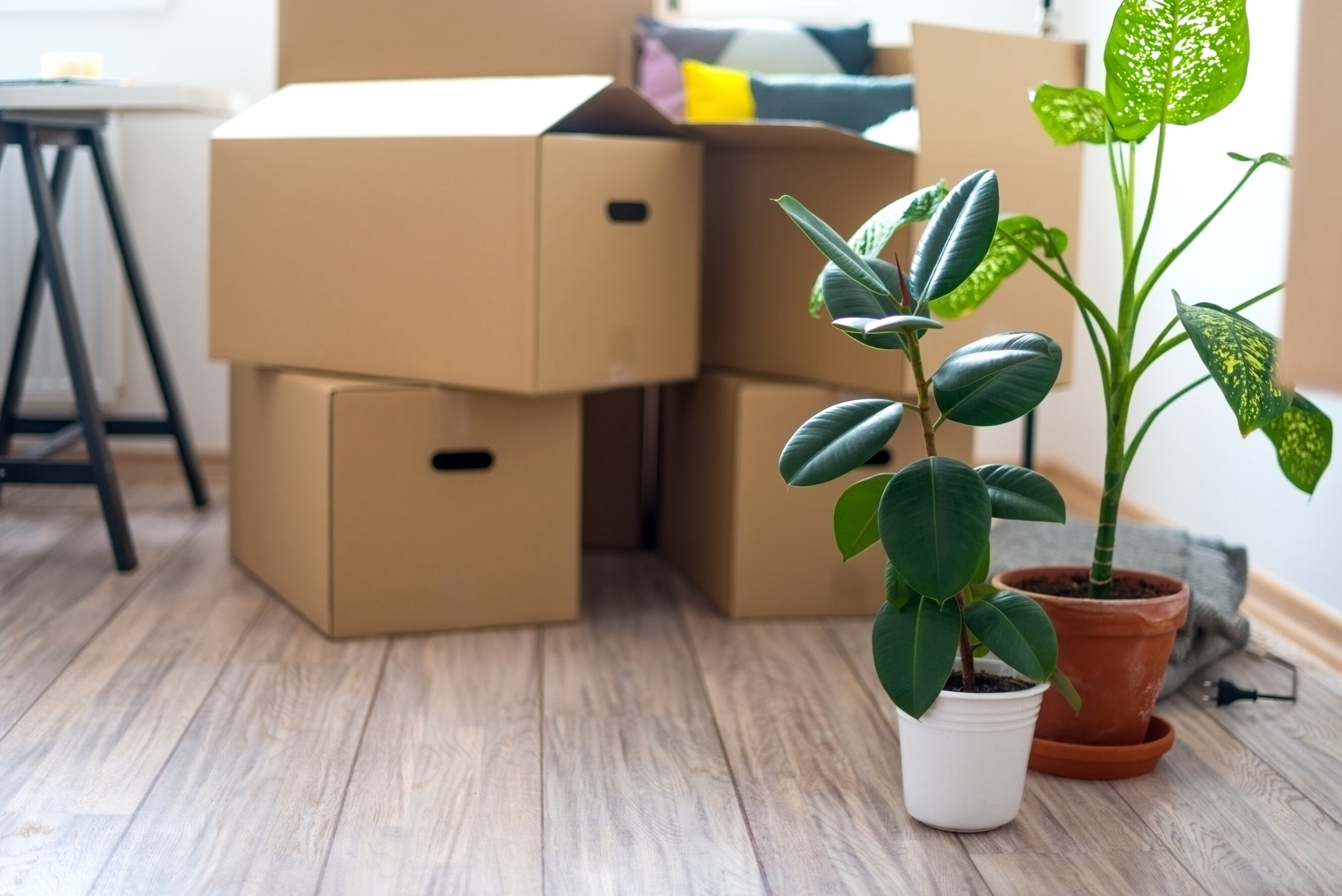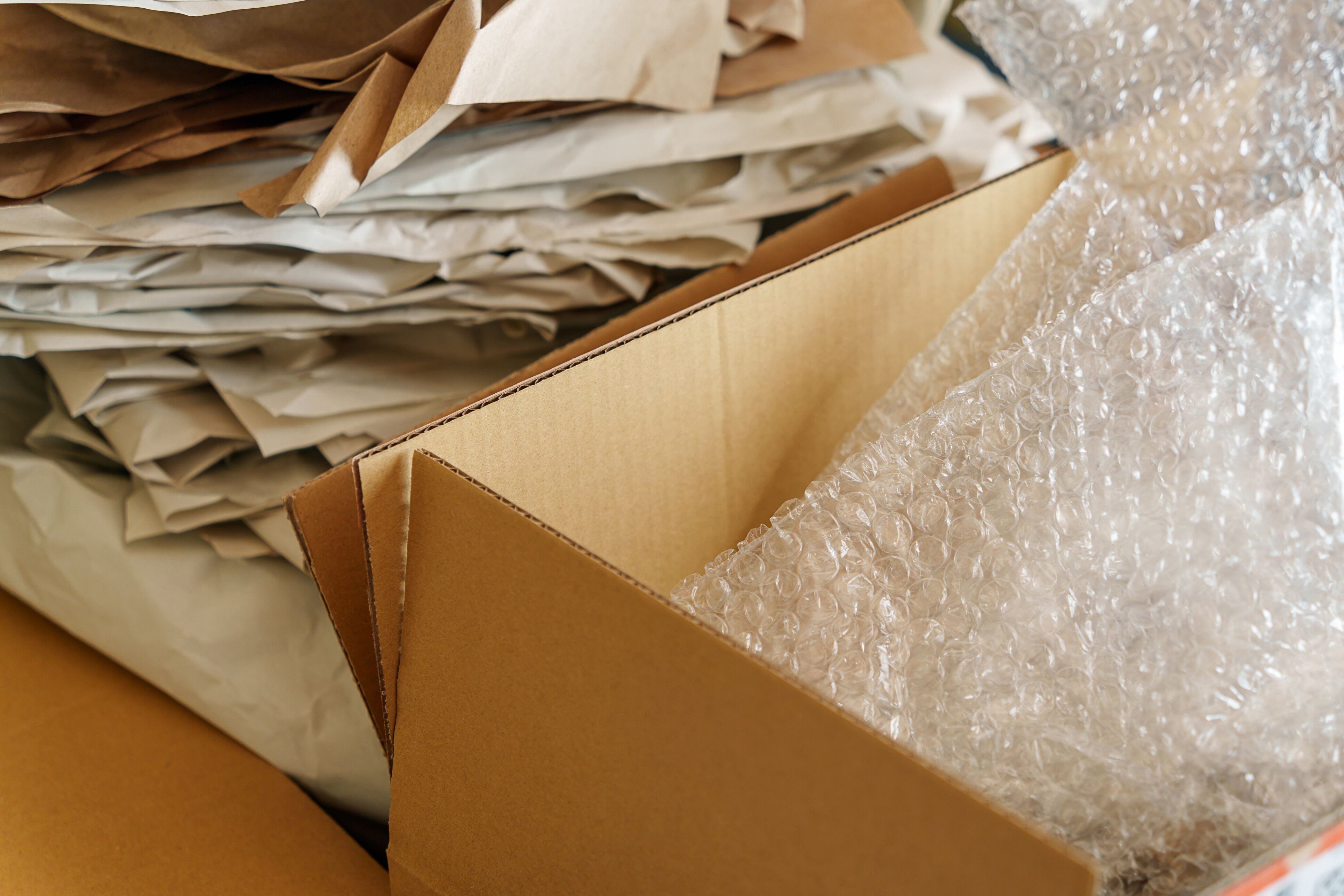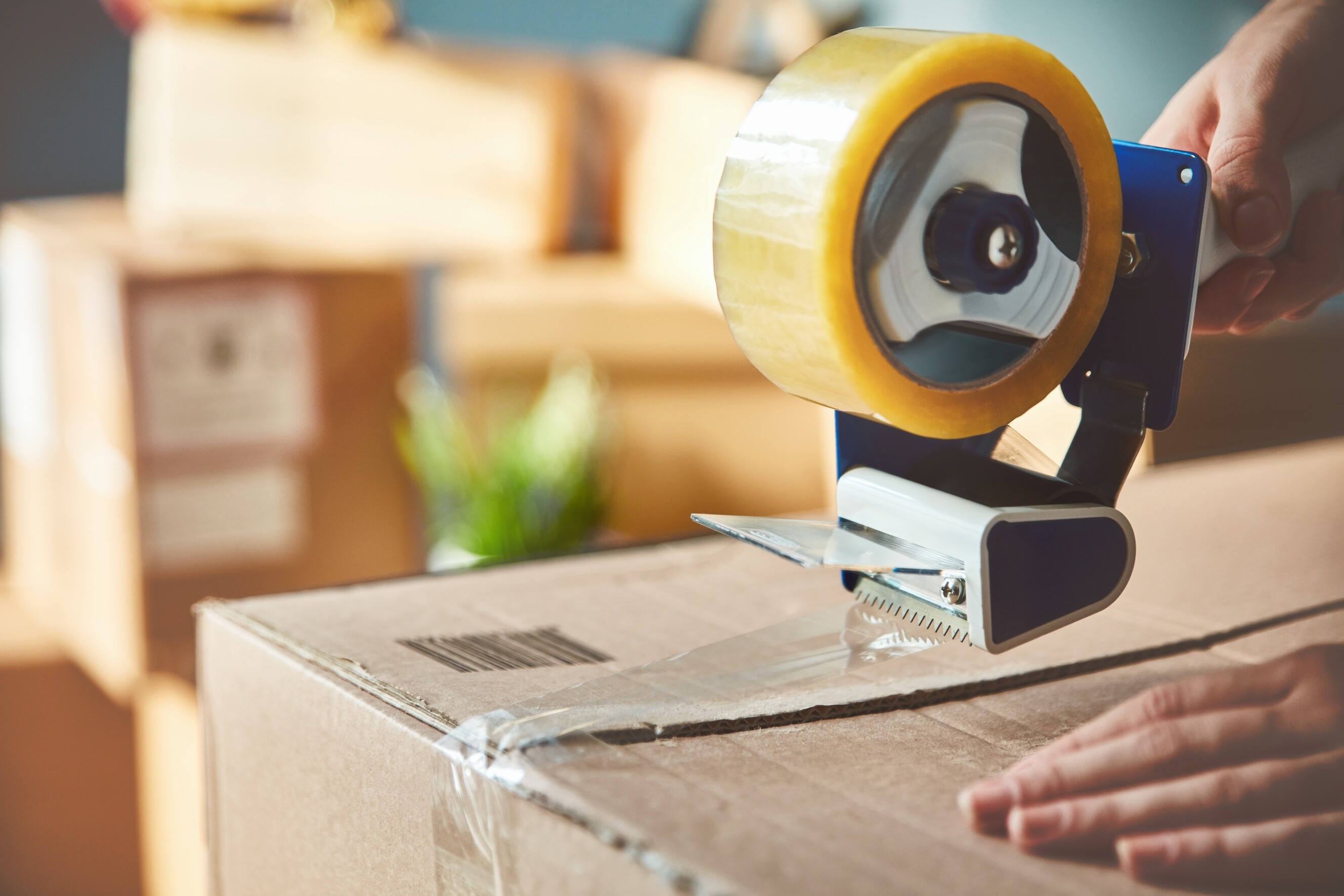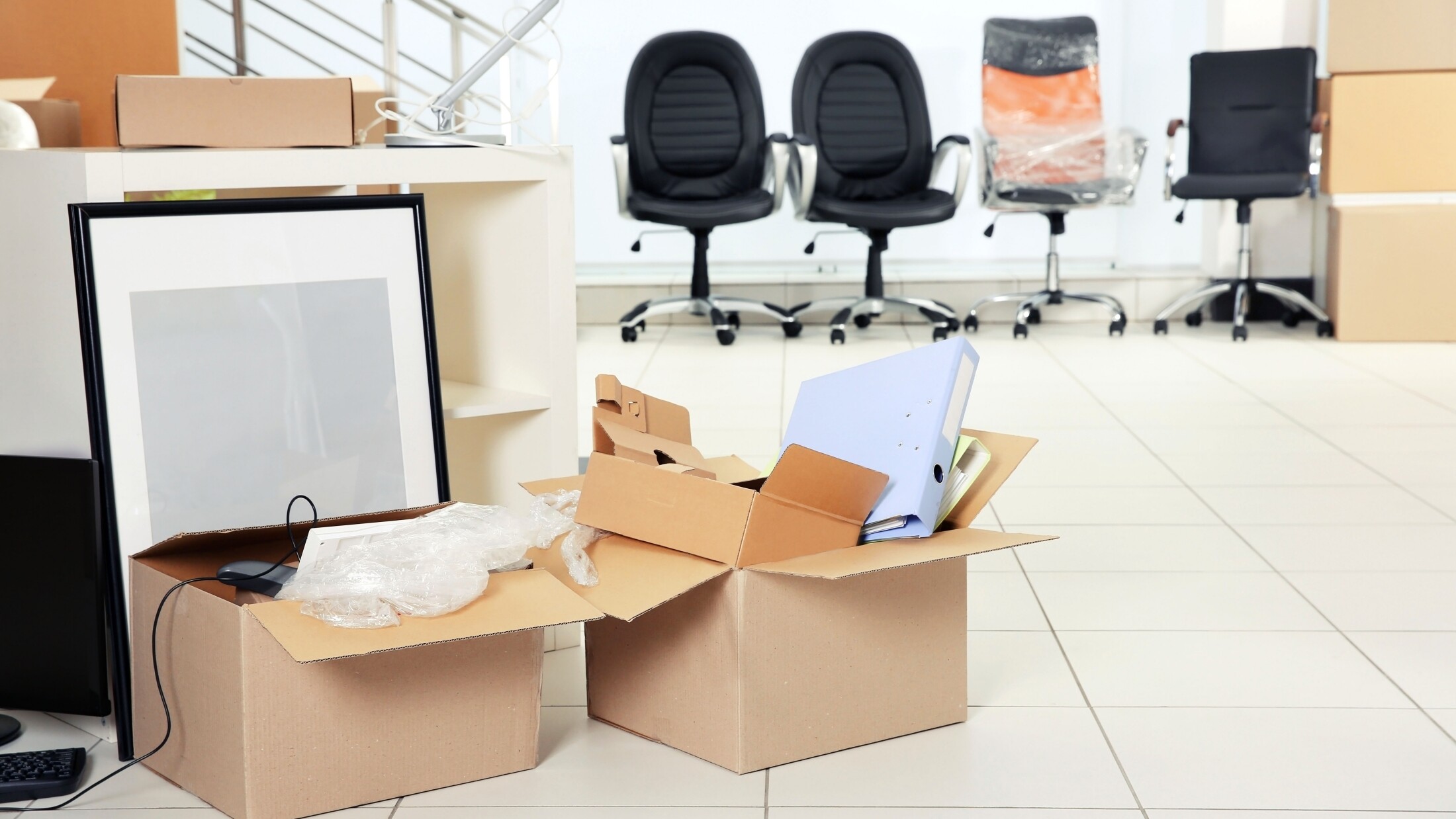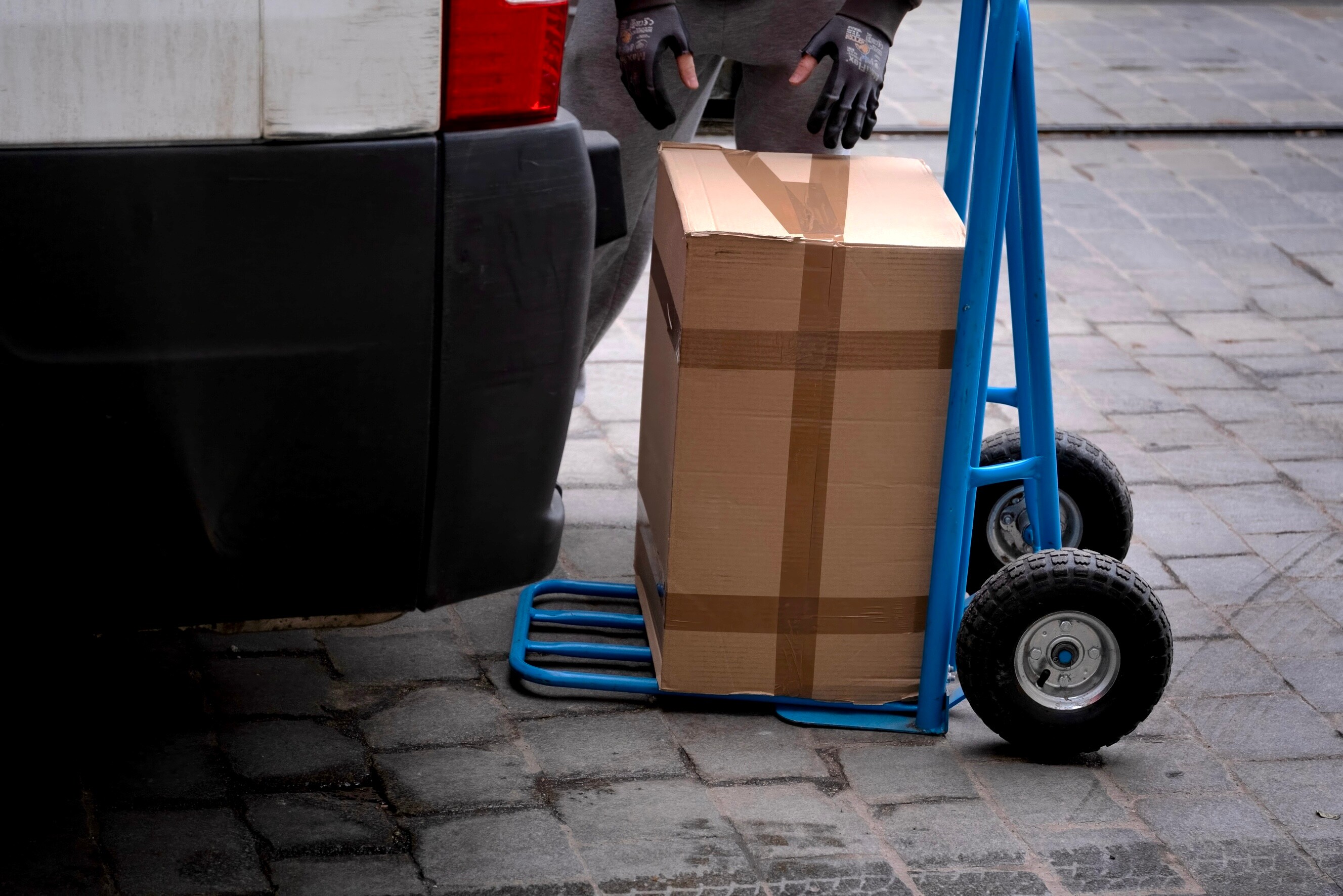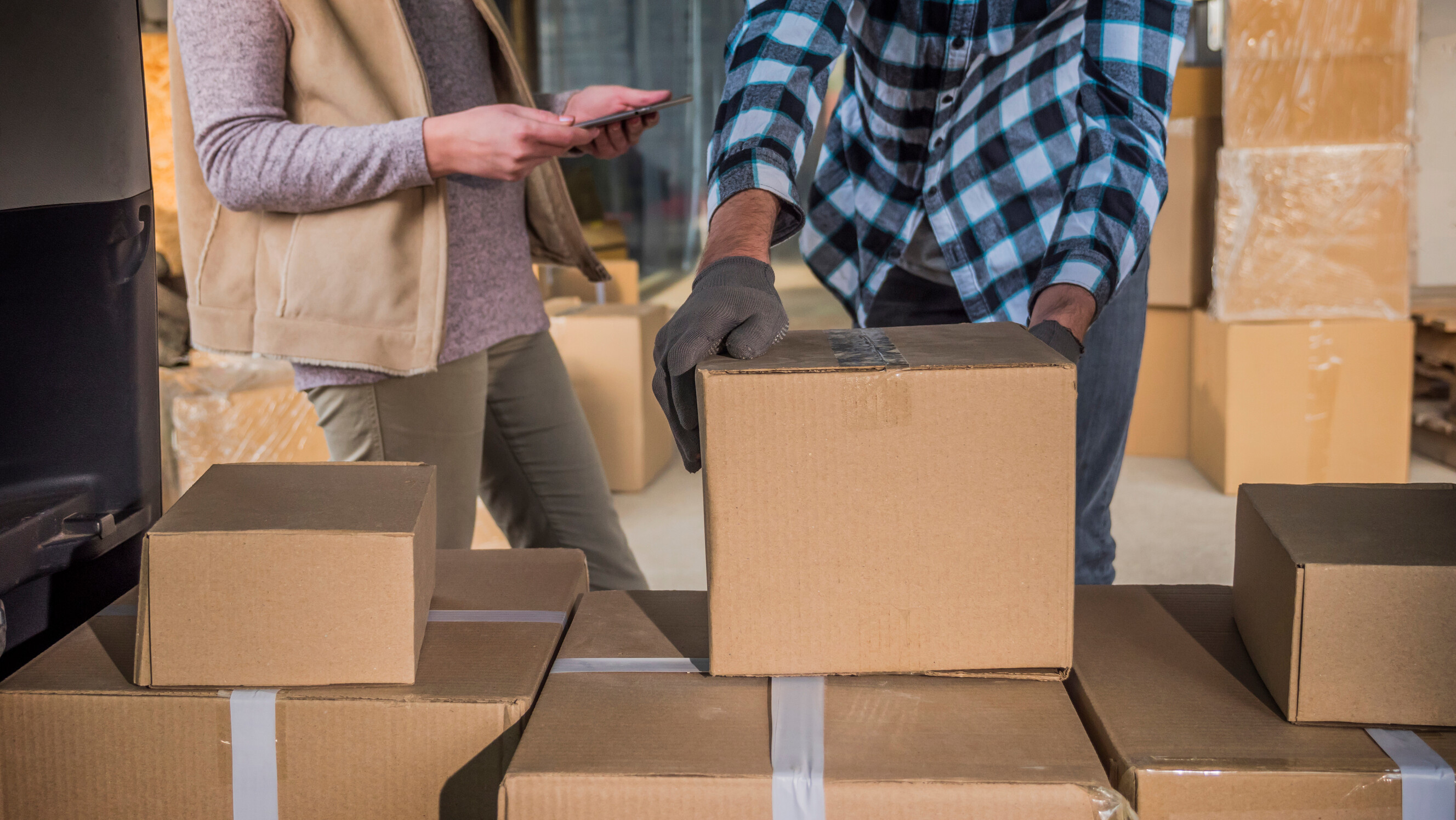
7 Most stressful moving tasks and how to tackle them
When moving stress hits, here’s what to do
Published on

Written by Maureen C.
Contributor
Read more about our contributor
Key Takeaways:
Moving house can be stressful because you have to declutter your belongings and let go of the memories attached to your home.
Preparing your moving checklist the night before helps you stay organised and ensures nothing important gets left behind.
Hiring a professional removalist can help ease the stress of moving by taking care of much of the packing, lifting, and coordination.
It’s a universally acknowledged truth that moving is no picnic. Moving stress is real, and it knows no age limit, with over 40% of Australians moving within the last five years. It especially hits hard the moment you see all your belongings scattered about, and realise how much time it’ll take to pack your whole life into several boxes.
This article dives into seven stressful moving tasks and offers practical tips on how to cope with the stress of moving. From decluttering to budgeting, we’ll break down the most stressful moving tasks into manageable steps, so you can restore order amid the chaos of the big move.
1. Decluttering and deciding what to keep
Decluttering is often the first and toughest hurdle when preparing for a move. It’s one of the most stressful experiences, forcing you to confront your past purchases, sentimental items, and the mountain of stuff you’ve accumulated over the years. Not everyone is a minimalist, and decluttering lets you realise that firsthand.
While decision fatigue is real and often paralysing, there are ways to ease it. Remember that you’re bound to make new memories and positive experiences in your new home, so don’t be afraid to discard old stuff. If you’re struggling with sentimental items, try taking photos of them before parting ways so you can keep the memory without the clutter.
2. Budgeting and booking removalists
 Removalists safely and efficiently handling large furniture. (Source: iStock)
Removalists safely and efficiently handling large furniture. (Source: iStock)
Few other things add to moving house stress, like trying to set a budget and lock in a dependable professional who fits your timeline and price range. If you’re one of the people who move from place to place, you probably know that moving costs are often unpredictable, as quotes fluctuate depending on the day or season.
Financial uncertainty can also build up anxiety, especially when trying to keep up with rising living costs in Australia, while making sure each furniture piece is handled carefully.
3. The actual day of loading and unloading
The actual day of loading and unloading demands a lot from you, both physically and mentally. You need to be strong enough to lift all the heavy furniture and boxes from your old place to the new address. Improper lifting techniques can result in injuries and muscle strain on your body, scraped walls, and broken possessions.
There’s also the pressure to get it all done in a single day, especially if you’re doing a DIY move with a rented moving truck. The clock’s ticking, the truck hire has time limits, and the exhaustion builds quickly.
4. Transferring utilities and changing your address
 Transferring utilities online to a new address. (Source: iStock)
Transferring utilities online to a new address. (Source: iStock)
Next on your list of things to do when moving house is transferring your utilities and changing your address, which are tasks that can easily turn into one of the most stressful life events. Between long call wait times, multiple websites to navigate, and the worry of arriving at your new home without electricity, water, or internet, it’s easy to see why people tend to put this off.
Still, delaying it can cause major headaches later on. Take care of it early to avoid disruptions. Start by arranging mail redirection through Australia Post, then contact your electricity, gas, water, and NBN internet providers to schedule disconnection and connection dates. Don’t forget to update your address with Centrelink, Medicare, the Australian Tax Office (ATO), the electoral roll, and your local council for rates.
5. Cleaning the old place
After managing endless moving tasks, cleaning your old home is probably the last thing you want to deal with. With most of your energy spent making sure everything goes smoothly at your new address, the idea of deep cleaning your old home can be downright exhausting. On top of that, there’s the pressure to get it spotless if you want to get your bond back in full.
In most rental agreements, you’re required to return the property in the same condition you received it, which often means a thorough bond clean. This includes carpets, walls, windows, ovens, and even the grout between bathroom tiles.
6. Unpacking and setting up
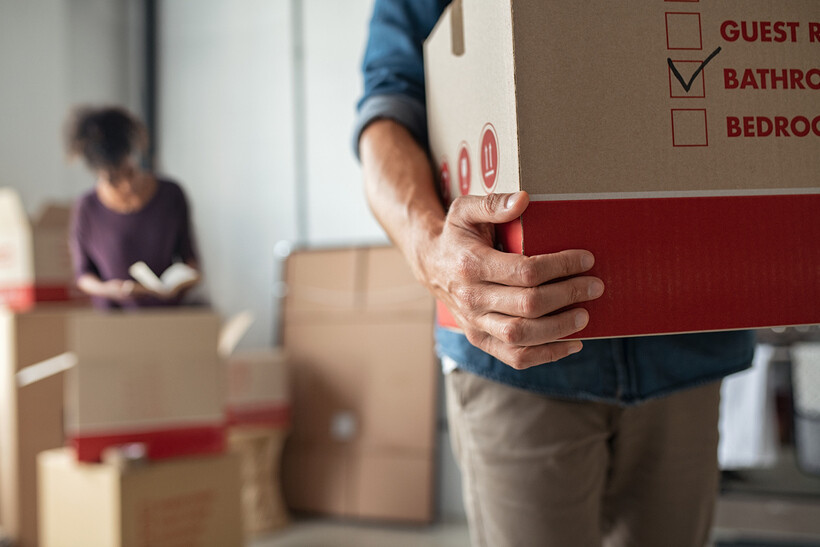 Unpacking boxes and organising items in a new space. (Source: iStock)
Unpacking boxes and organising items in a new space. (Source: iStock)
Unpacking and setting up your new home is also among the top life stressors related to moving. You’re surrounded by a chaotic sea of boxes, with everything still wrapped up and nowhere fully organised. Finding things when you need them can be a real pain in the neck, so you might put off unpacking. But when days turn into weeks, something has to change if you want to finally relax.
Remember, settling in takes time. It’s completely normal if your new house doesn’t feel like home right away, so try not to be too hard on yourself if progress is slow.
7. Moving with kids and pets
Managing children and pets while moving home adds a whole new level of stress. Their routines get disrupted, which can leave them feeling anxious or unsettled. Your kids may become clingy, especially when switching schools, while pets may hide or act out because of their new surroundings.
All these changes can be hard to manage when your own energy is running low, and frequent moves (especially during formative years) can heighten stress and contribute to relocation depression, according to research.
Relax and leave the moving stress to the pros
Moving involves a bunch of stressful tasks that can quickly wear you down, from packing countless boxes to coordinating logistics and working through timelines. It’s not just the heavy lifting that’s draining, but the mental toll of trying to keep everything organised while managing your moving stress.
Planning ahead can help alleviate the anxiety of experiencing stressful life events related to moving house. Once you identify these specific stress points and apply simple solutions like those on this list, you’ve already taken a huge step toward a smoother moving process.
Moving day coming up? Take the weight off your shoulders by booking trusted removalists on Airtasker. They know the ins and outs of moving, so you can relax and focus on settling into your new home. Browse multiple quotes, find professionals near you who work within your budget, and enjoy secure payments and flexible dates.
Learn more about our contributors

Written by Maureen C.
Contributor
Maureen C. is a writer with a passion for crafting clear, meaningful content. With a degree in English Literature and experience writing for lifestyle and educational platforms, she brings a thoughtful approach to topics such as home safety and improvement, logistics, and eLearning. Outside of writing, she enjoys reading and walking her dogs.
FAQs on moving stress
Moving a house is regarded as one of the most stressful life events because it affects your family’s relationship, financial budget, mental health, and sleep quality. Planning and booking arrangements for the move can also be very demanding, on top of transferring your utilities, subscriptions, and services—all while managing the emotional attachment you have to your old home.
Yes. Moving anxiety is completely normal as this transition period involves a lot of change and uncertainty, which can affect your physical and mental state. Moving house also triggers other symptoms, like fatigue and difficulty sleeping. A good way to manage moving anxiety effectively is to open up to and rely on your friends and family for emotional support.
To emotionally deal with moving, you have to first acknowledge your feelings, whether that’s a mix of anxiety, sadness, joy, or uncertainty. It also helps to talk to another person about your share of stressful events, whether that be family or friends, so you don’t keep those emotions bottled up inside.
Adjusting to a move can range from a few weeks to several months. This will depend on factors like the new environment, routine, and social connections. For some, it may take a few weeks to cope, but others may need one to two years to fully adapt to their new area and surroundings.
Find removalists, fast
Find a removalist
Related price guides

How much does it cost to move house?
Read more
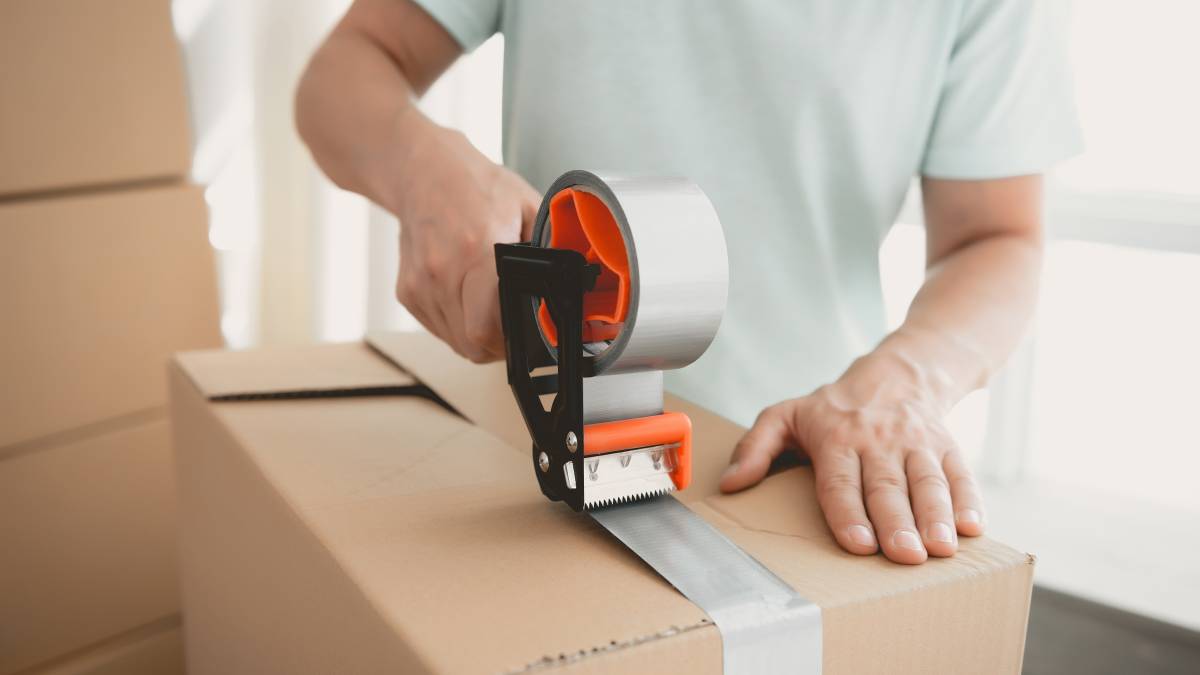
How much do packers cost?
Read more
Related articles

How much do removalists make?
Read more

Tips for moving house with kids
Read more

How to pack books for moving
Read more

How to pack kitchen items
Read more
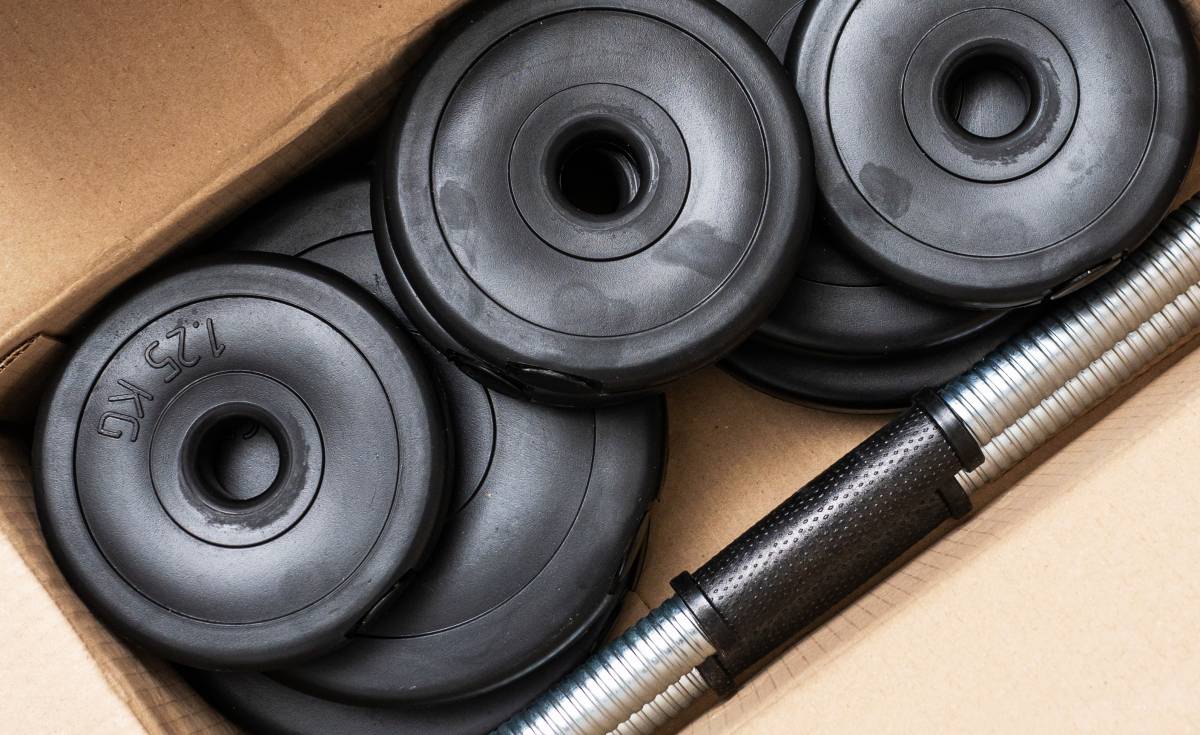
How to move gym equipment safely
Read more

How to pack artwork for moving
Read more
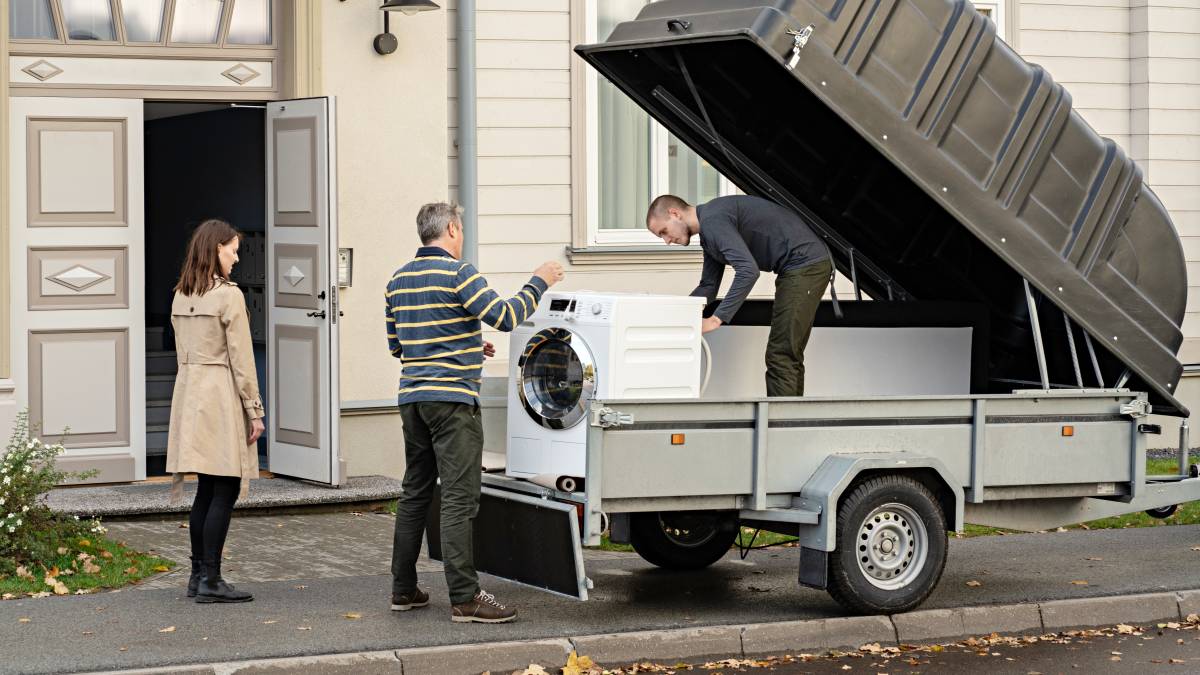
How to move a washing machine
Read more
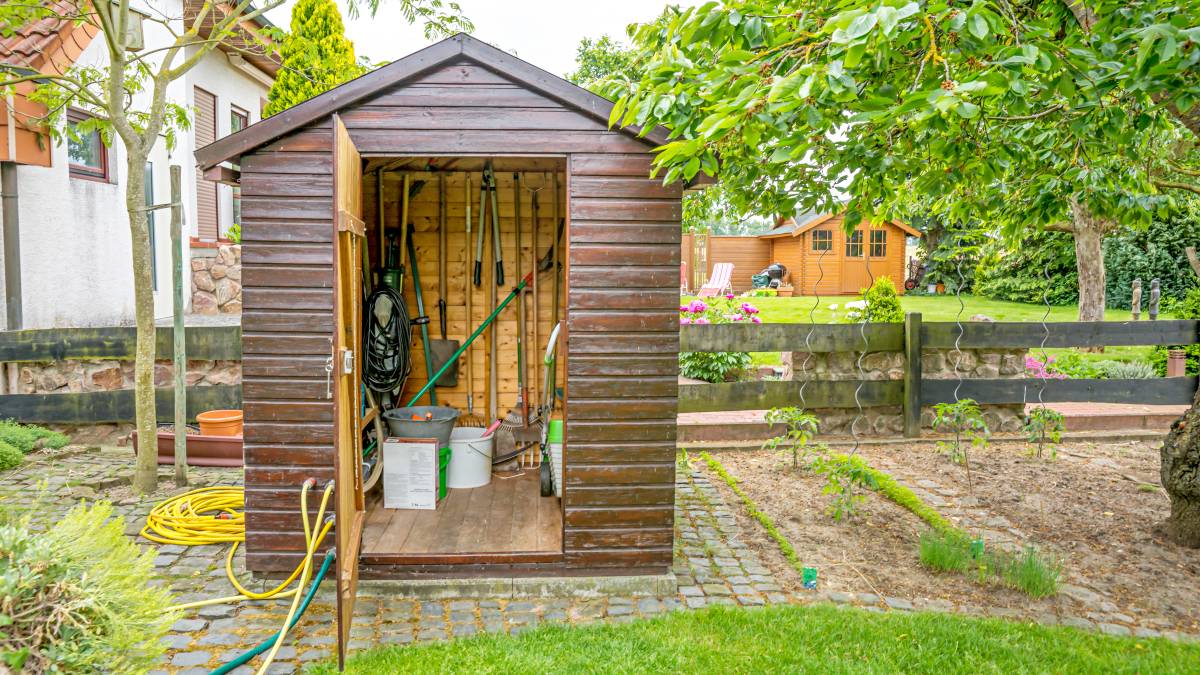
How to move a shed
Read more

How to move a pool table
Read more
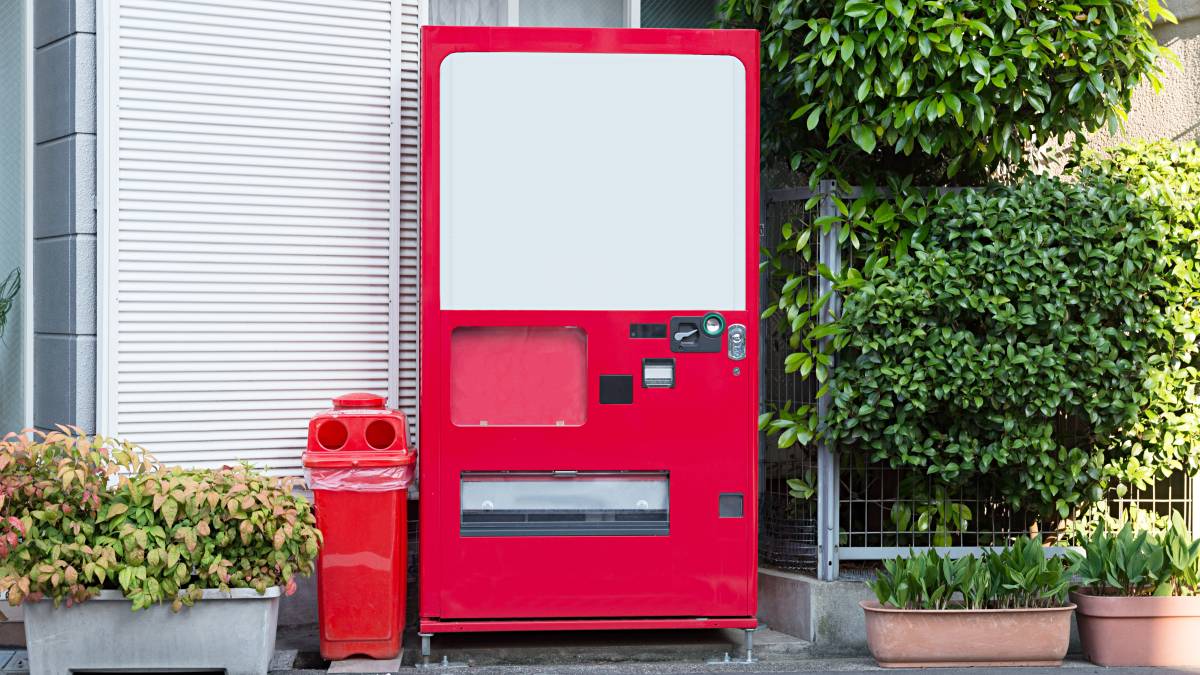
How to move a vending machine
Read more
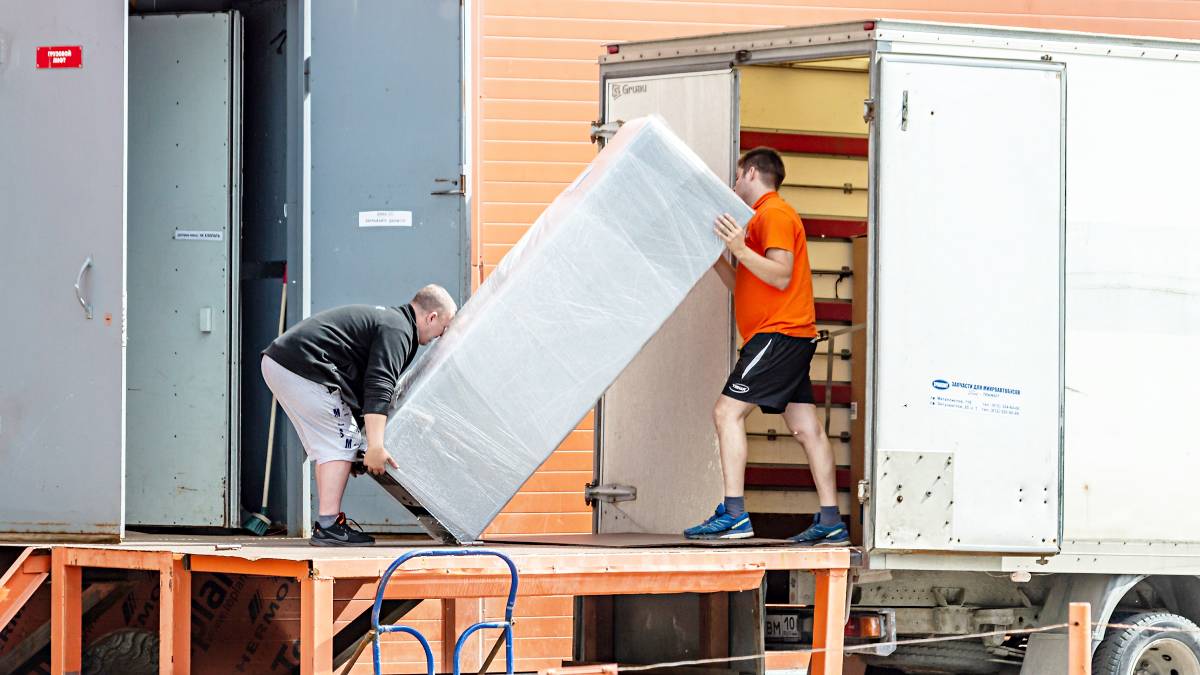
Moving a fridge: How to do it right
Read more

How to pack bedding for moving
Read more

How to move a pinball machine
Read more

How to wrap furniture for moving
Read more

What removalists won’t move
Read more

Moving interstate checklist
Read more

A guide to becoming a removalist
Read more

